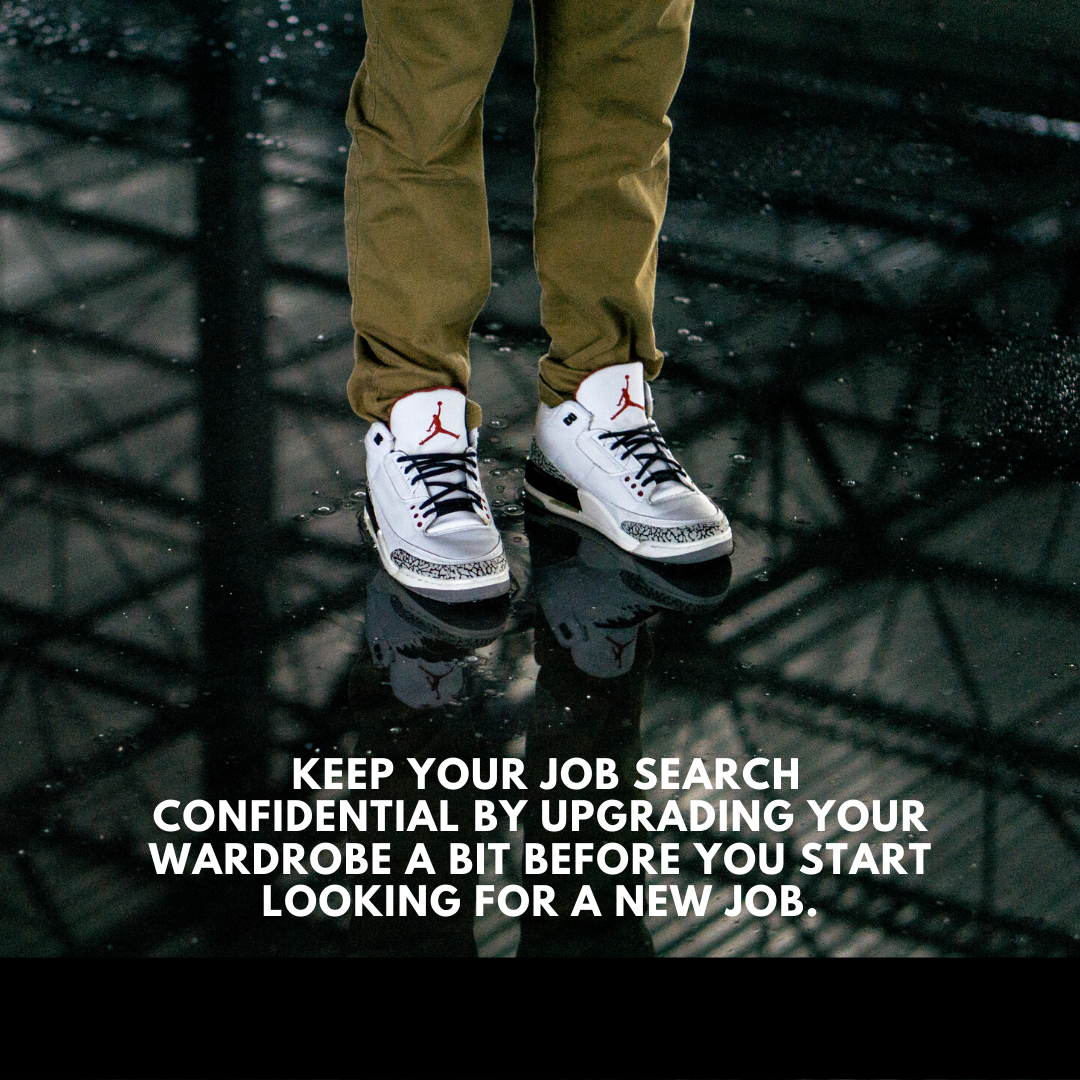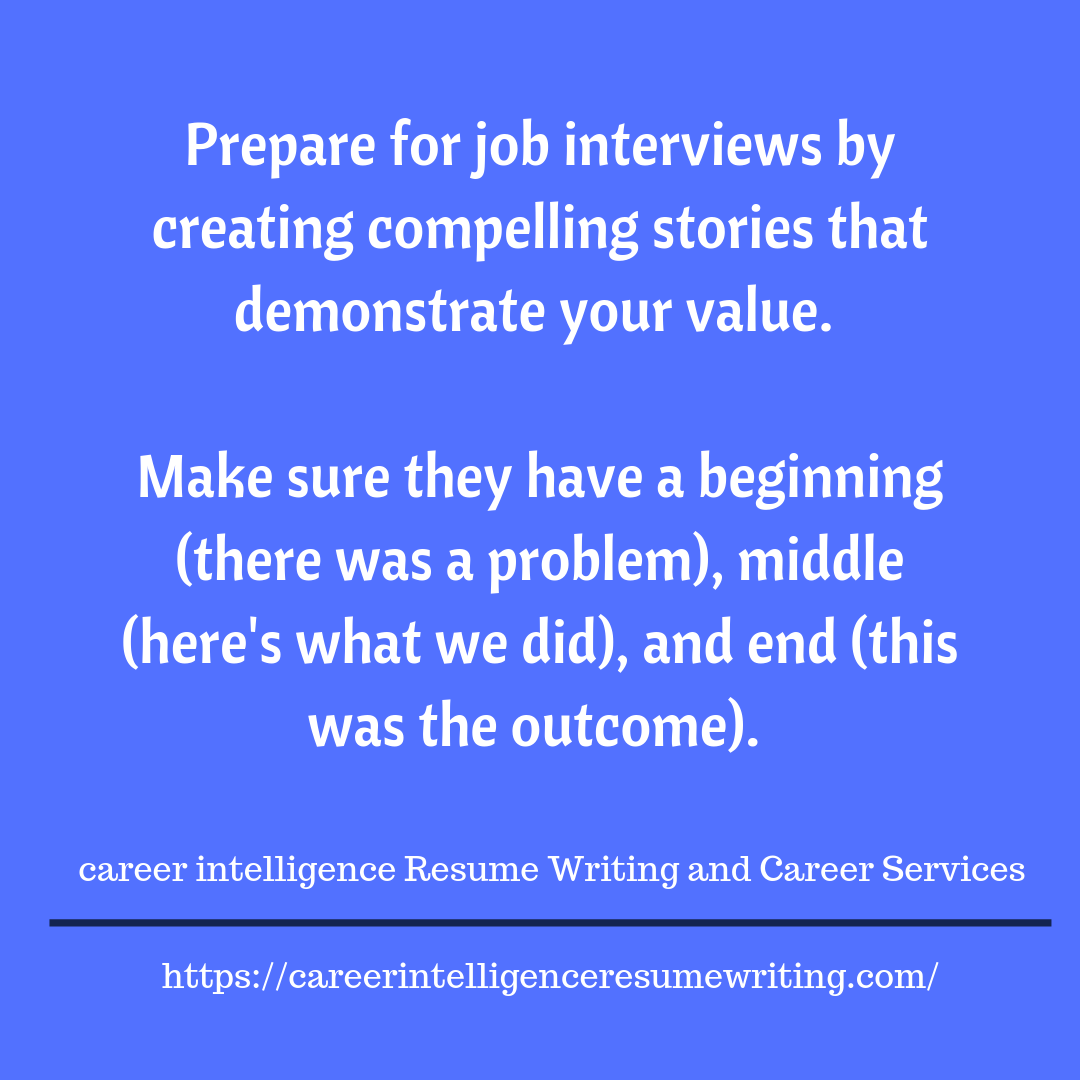10 Strategies That Will Boost Your Job Search Success
These are extraordinarily difficult times. Unemployment is climbing. People on furlough wonder if they’ll be returning to work. Shutdowns across the country make it challenging to look for a job.
Despite everything, this is not the time to stop looking for a new job. The job market has changed dramatically, but jobs are still out there. Employers are hiring. There are steps you can take to move your job search forward.
Here are 10 job search strategies that work. But reading this list isn’t enough. You need to act. You can’t do all of them today, but you can get started.
#1 Make a list of your target employers, companies where you would most like to work. Set up Google alerts to help you follow them in the news. Start contacting family, friends, former colleagues, etc. to see if they know anyone who works for one, or more, of your top employers.
How To Look For A Job During The Coronavirus Outbreak
Concerns about the Coronavirus are growing daily. It dominates the news and kitchen-table conversations. Here in Connecticut, events are being postponed or cancelled, some because of a State of Connecticut mandate.
If you’re looking for a new job or want to be prepared in case you need to, you’ll need to adjust your job search strategies.
Several months ago, I created a basic job search plan. I’ve adapted it here to be used during our current public health emergency.
The plan includes job search preparation (PREP) and continuing activities (ONGOING). If you’re actively looking, as in you really want to find a job, follow A activities. If you’re passively looking, you’re open but not in any hurry, P is for you.
How To Keep Your Job Search Confidential
Being employed does make you more appealing to employers. But it has a different set of challenges. Sneaking out of the office for interviews can be tricky. Other things, like being dressed appropriately, just take a little planning.
If you work a casual office wearing an “interview outfit” will likely be a red flag. Just as when someone comes into a casual environment for a job interview they stand out like a bikini at a funeral.
Boost Your Interview Results By Demonstrating Your Value
Most of the resumes I see focus on what people do on a daily basis. The results is a boring list of duties and responsibilities that’s unlikely to inspire anyone to call them. .
Employers want to know what you can do for them. The best way to show your value is to focus on what you’ve done for your current and previous employer. They want to know about the positive impact you’ve made
The same is true for interviews. Employers don’t want to hear about your duties and responsibilities, what you do every day. They want to hear about your achievements.
Maybe you didn’t directly generate revenue, but maybe you saved the account by providing extra service. Perhaps you redesigned a process so it takes 2 days a month instead of 5 freeing staff to take on other duties. Maybe you leveraged your business relationships to build a promising pipeline.
How To Create Stories That Sell You To Employers
Most of the resumes I see focus on what people do on a daily basis. The result is a boring list of duties and responsibilities that’s unlikely to inspire anyone to call them. Employers want to know what you can do for them.
The best way to show your value is to focus on what you’ve done for your current and previous employers. The impact you’ve made. The same is true for interviews. Employers don’t want to hear about what you do every day. They want to hear about your achievements in terms of the impact you’ve made.
Prepare for your interviews with stories that illustrate your value. Like all stories, there should be a beginning, a middle, and an end.
What To Do When You Don’t Get The Job
It’s always disappointing when you don’t get the job. It can be devastating when it was your “dream job” and you were one of the final two.
But, the fact is that there are at dozens of people applying for every position and only one of them gets hired.
If you’re not the one hired it’s OK to be upset. It’s OK to get angry. It’s even OK to cry if you want to. I’ve cried after finding out I came in number 2.
Give yourself permission and time to grieve. Then move forward. Here are a few steps to take.
Fastest (And Easiest) Way To Boost Your Confidence
One thing that can change your career, even your life is to always be open to new ideas. But, that’s not exactly what this post is about. If you’re a Grey’s Anatomy fan you already know this secret, if you’re not here goes.
A couple of years ago, I was watching Grey’s Anatomy, the episode was the climax of a protracted storyline about a gifted surgeon with a massive brain tumor. Despite many other surgeons saying the tumor was inoperable, chief neurosurgeon Amelia Shepard, not to be confused with her brother McDreamy, has determined that she can take on the job.
Right before the surgery, Shepard’s intern finds her standing in the Superhero pose. Head high. Chest out. Hands at her waist. Just like Superman. Amelia explains that standing like that gives her confidence and the scene ends with the two of them standing side-by-side looking like they can take on the world.
Well, that’s fine for TV but does it work in the real world?
The answer is yes.
Ignore These 5 Interview Don’ts At Your Peril
It takes a lot of work to secure a job interview. Creating a list of target employers. Preparing a results-driven resume or having one written for you. Spending hours networking online and in person. The list goes on.
When you do get that coveted interview with your target employer be sure to make a good first impression. There are many articles on what to do, here are a few interview don’ts.
Don’t dodge the salary question. Most likely your first interview with a recruiter will include the dreaded “salary” question. While this is a bit uncomfortable on both sides, recruiters need to ask. They need to see if you are in the hiring managers salary range. You can make the process less anxiety provoking by planning in advance.
Do You Want To Know What Hiring Managers Think?
Looking for a job isn’t easy. Getting an interview is tough. Securing an offer is even tougher.
If the whole process was easy, unhappy workers wouldn’t hesitate to make a change. People wouldn’t be as devastated when they lost a job.
Of course, one of the most difficult thing for jobseekers is trying to figure out what hiring managers think. What are they looking for? What questions will they be asked during an interview? Is talking badly about a boss or former boss really that bad?
The list of questions goes on.
Well, today, we’re going to provide some insights gleaned from a survey of hiring managers conducted by Simply Hired**.
What You Can Expect
While a robust, optimized LinkedIn profile is essential to being found on LinkedIn, most (71%) of hiring managers don’t check candidate’s profiles. Of course, that means almost 30% do.
3 Reasons Recruiters Aren’t Calling You
As a businessperson, I go to a lot of networking events. Some, like SHRM, provide professional development. Often, I’m speaking at job seeker groups. Wherever the event, I always meet people who are looking for a new job.
Their most common complaint is not getting interviews.
Before becoming a resume writer, I worked as a recruiter. That means I reviewed countless resumes and spent hours on LinkedIn looking for candidates. That experience gives me some insight into why recruiters call some candidates but not others. Here are 3 reasons.










